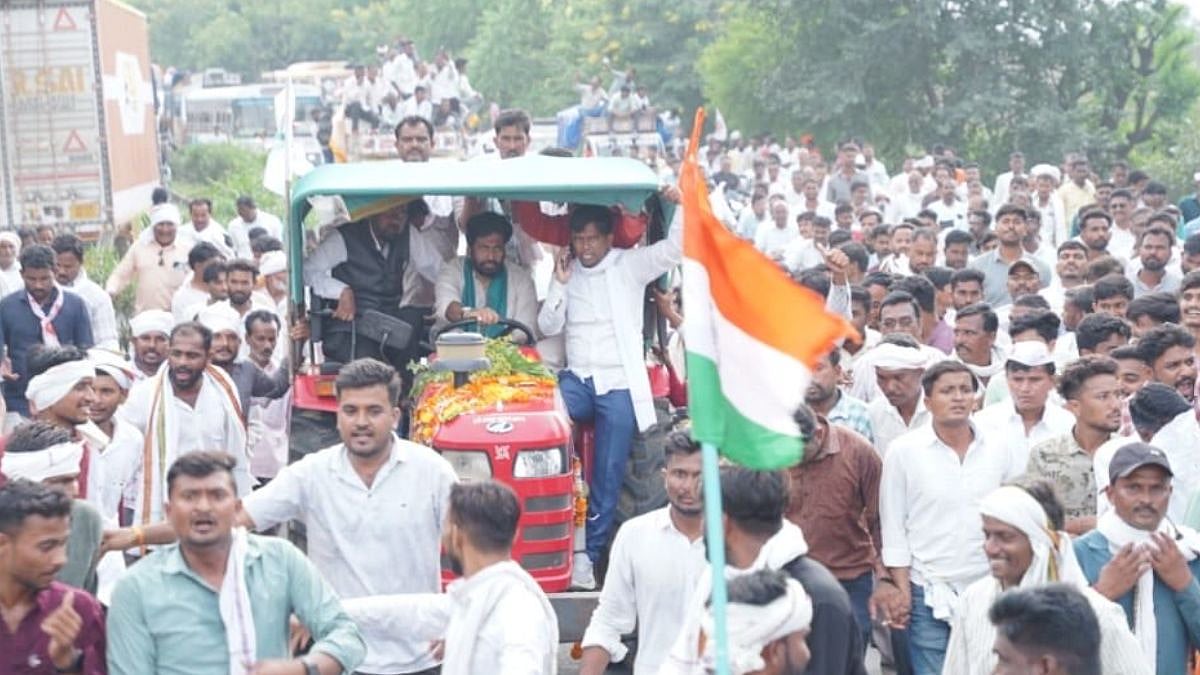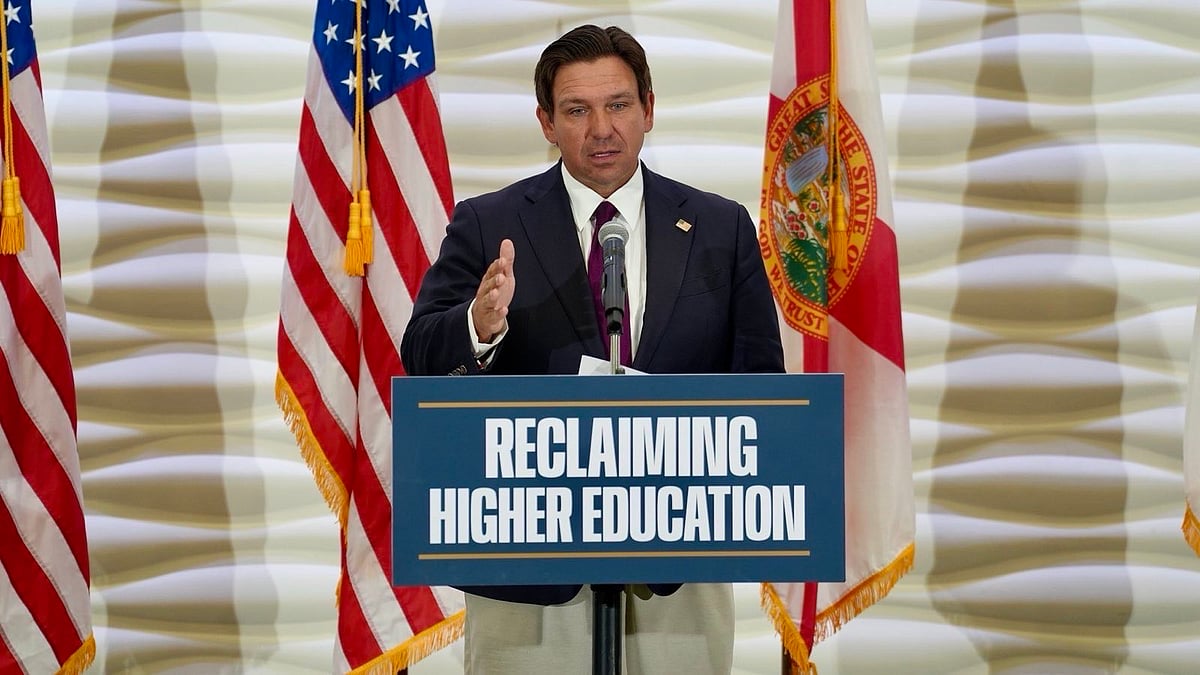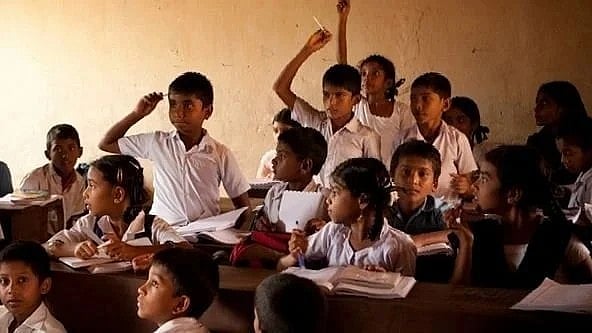As per reports, Singapore’s Ministry of Education (MOE) will protect teachers from “unreasonable expectations”. It will also monitor conducts that can affect their well-being, the MOE said on Wednesday.
The minister urged MOE to “set boundaries and recalibrate expectations” for educators, which will consider what teachers should do and what they need to refrain from.
Speaking about responses to work-related messages, the minister said exceptions can be made in cases of emergencies.
Highlighting school hours, he said teachers start work at about 7.30am. “Within a normal work day, if it’s not an emergency, beyond 5pm, you don’t have to respond to whether tomorrow the (parent’s) son must wear a brown or yellow T-shirt, right? Those are not important,” the minister said, as quoted by CNA.
The lawmaker also urged teachers to use their official emails and office numbers when talking to parents. He said he doesn’t expect teachers to share their personal numbers with parents.

Measures to streamline non-teaching duties, reduce teachers’ workload
From 2026, schools will have the option to either offer both an applied learning programme and a learning for life programme, or just one. Minister Chan said educational institutions will have the autonomy. This move will enable schools to free staffers for other priorities.
The two aforementioned programmes were introduced in Singaporean schools in 2014.
While an applied learning programme helps students apply their thinking skills and using the knowledge across subjects, a learning-for-life programme is more hands on, incorporating real-life experimental learning.
So far, MOE’s efforts to streamline non-teaching duties have been successful, bringing down teachers’ exam administrative load by 10 percent.
The city-state is likely to witness further drop in these loads — invigilation load by up to 15 percent, exam session by half — when it introduces the Singapore-Cambridge Secondary Education Certificate from 2027.
(The article is published under a mutual content partnership arrangement between The Free Press Journal and Connected To India)









